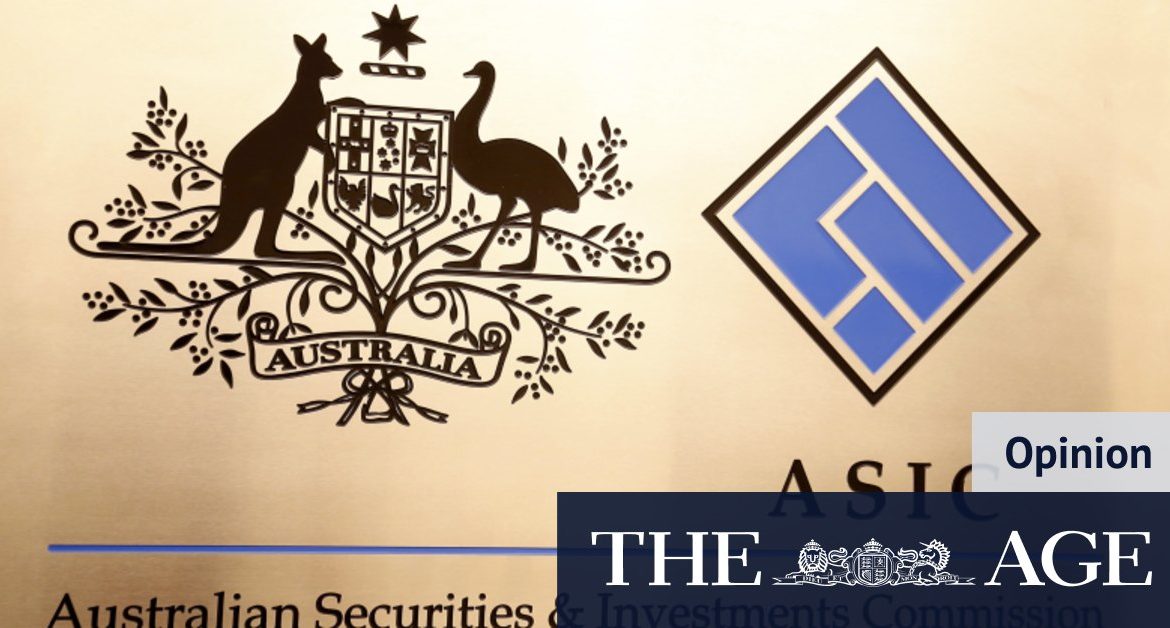ASIC alleges that Dixon advisers ought to have known that there was a conflict between their clients’ interests and the interests of Dixon entities, and failed to give priority to clients’ interests.
ASIC’s court action relates to eight sample clients, who were advised to invest in the US Masters Residential Property Fund (ASX code URF, established in June 2011 with the aim of investing in New York property and listed on the ASX in July, 2012) and URF-related products between September 2, 2015 and May 31, 2019.
The maximum civil penalty for contraventions alleged against Dixon Advisory is $1 million per breach for those before March 13, 2019, and $10.5 million for those after that date.
URF-related products include unsecured securities, US Masters Residential Property Notes, although successive issues, Notes II and III, were ASX-listed, as are US Masters Residential Property Convertible Preference units. The latter, which you have, are about 50 per cent below their $100 issue price.
Other in-house funds include the Australian Masters Yield Fund numbers 1 to 5, the Australian Governance & Ethical Index Fund, Evans & Partners Global Disruption, also their Global Flagship, International and Australian Flagship Funds, Fort Street Real Estate Capital Funds I to IV, New Energy Solar, US Solar, and Cordish Dixon Private Equity Funds I to IV. All are related to Walsh & Company.
I noticed that you even have Evans Dixon shares in your portfolio, down about 78 per cent since listing in 2018. The company has dropped the Dixon name and is now Evans & Partners but has also received a takeover offer from fund manager, 360 Capital.
Dixon Advisory was established in 1986 by Daryl Dixon, formerly an economic consultant and later well known for his media appearances. In 2007, the Funds Management Division became Walsh & Company under well-known journalist and commentator Max Walsh. The names of both men no longer appear on their company websites.
So, what can you do?
IOOF operates the only open TAP of which I am aware, but they accept cash and not an unlisted, unsaleable investments, so you are stuck with your SMSF until you can liquidate them.
You might be better off to sell those Dixon-related funds and shares while asking your adviser to find a buyer for your unlisted investments, if possible.
You can then invest elsewhere with the assistance of another adviser, in the hope of recovering losses, while your accountant handles tax returns. Look to well-managed, balanced and equity funds from groups such as Vanguard or Colonial First State.
After first making a complaint to Dixon, you then have two years to register a grevance with the Australian Financial Complaints Authority online or call 1800 931 678.
Shine Lawyers is also considering a class action against the group. Call 1800 316 396.







